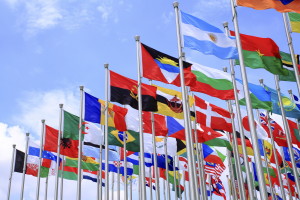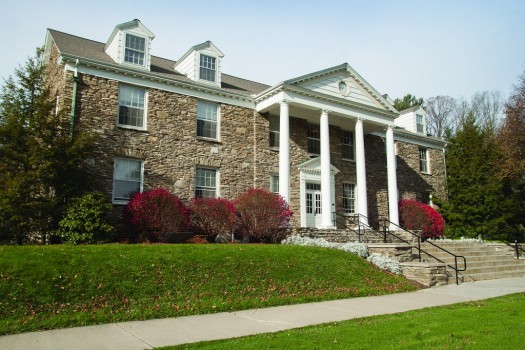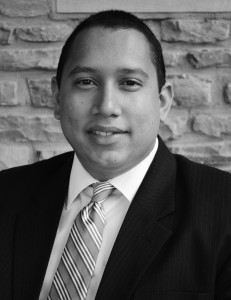Three International Students’ Fathers Give Talks on Houghton Campus
Three international students recently had a taste of home as their fathers visited campus to deliver lectures.
Senior Travis Trotman’s father, Livingston Trotman, is scheduled to speak in chapel today. Livingston is a Wesleyan pastor in Barbados. According to Travis, he always knew he wanted his father to speak in chapel. Living so far away from Houghton, however, this was no easy feat. He said, “I didn’t want it to be like, ‘Hey dad, they want you to speak in chapel.’ Then they’d have to pay him to come, and all this. I didn’t want it to be a big process.”

Travis explained that his parents had already made plans to visit Houghton to attend his last Prism performance. Once he knew the dates, he told Dean of the Chapel, Michael Jordan, who put the plans into motion. While he is unsure what topic Livingston will speak about, Travis said, “I think he can bring a different view and a different insight on whatever he speaks about.” When asked what he was most excited, he replied, “For my dad to see campus [for the first time] since they dropped me off four years ago, and so he can see my growth on campus, and what I do”
Travis is also excited at the prospect of snow, not for himself, but for his parents. He laughed and added, “My parents don’t really like snow, so I’m hoping it snows.”
John Khalaf ‘19 is an Egypt native. His father, Atef Khalaf, was also invited to speak in an evening lecture on November 3. John explained Atef, a general superintendent for the Wesleyan Church in Egypt, spoke “about what’s happening, is it really completely dark, what positives [exist], the good things happening, and how can we pray for that.” Much like Travis, after finding out his father would be visiting, John spoke with Jordan, and an opportunity for Atef to speak was presented.
Overall, he thought the lecture was a success and students were able to relate more to his dad because he is a student, himself. “If I know the person whose parent’s coming, I can relate to his life, and his parent’s life too. I can understand where he comes from. I can relate more to someone I might know,” John said.
Sophomore Shehan Rodrigo’s father also gave a chapel talk, sharing his faith journey on November 4. Unlike Travis and John, however, Shehan played no part in his father’s chapel attendance. Shehan shared, “I’m not 100% sure about how that happened. I wanted him to speak in chapel, but I couldn’t give the dates.” He continued, “I think Josh Mason, who’s a theology student here, he heard that my dad was coming, because I told him, he spoke to Dean Jordan to try and fit him in, and then one day I got an email from Dean Jordan asking if my dad would like to speak.”
Shehan echoed John, saying, “It’s not just some speaker from another country, it’s a speaker from another country whose son is in the school. People have known me here for about a year now, and they can relate what my dad is saying through me, I guess. Especially me and my dad, we have any similarities. It was funny. People get to see more of me, but not through me.”
Shehan’s favorite part of his father being on campus, though, was being able to speak his language again. He chuckled, “There’s so much humor that no one will get because no one speaks my language and nobody knows my culture here. There’s so many things I keep to myself because I can’t share with anyone. It was nice to have my dad here to actually share it with someone who understood.”
Shehan described the ability to have his dad on campus as an “great way to show off my dad a bit.” He said, “I’m glad it happened. It was one of those proud son kind of things.”


